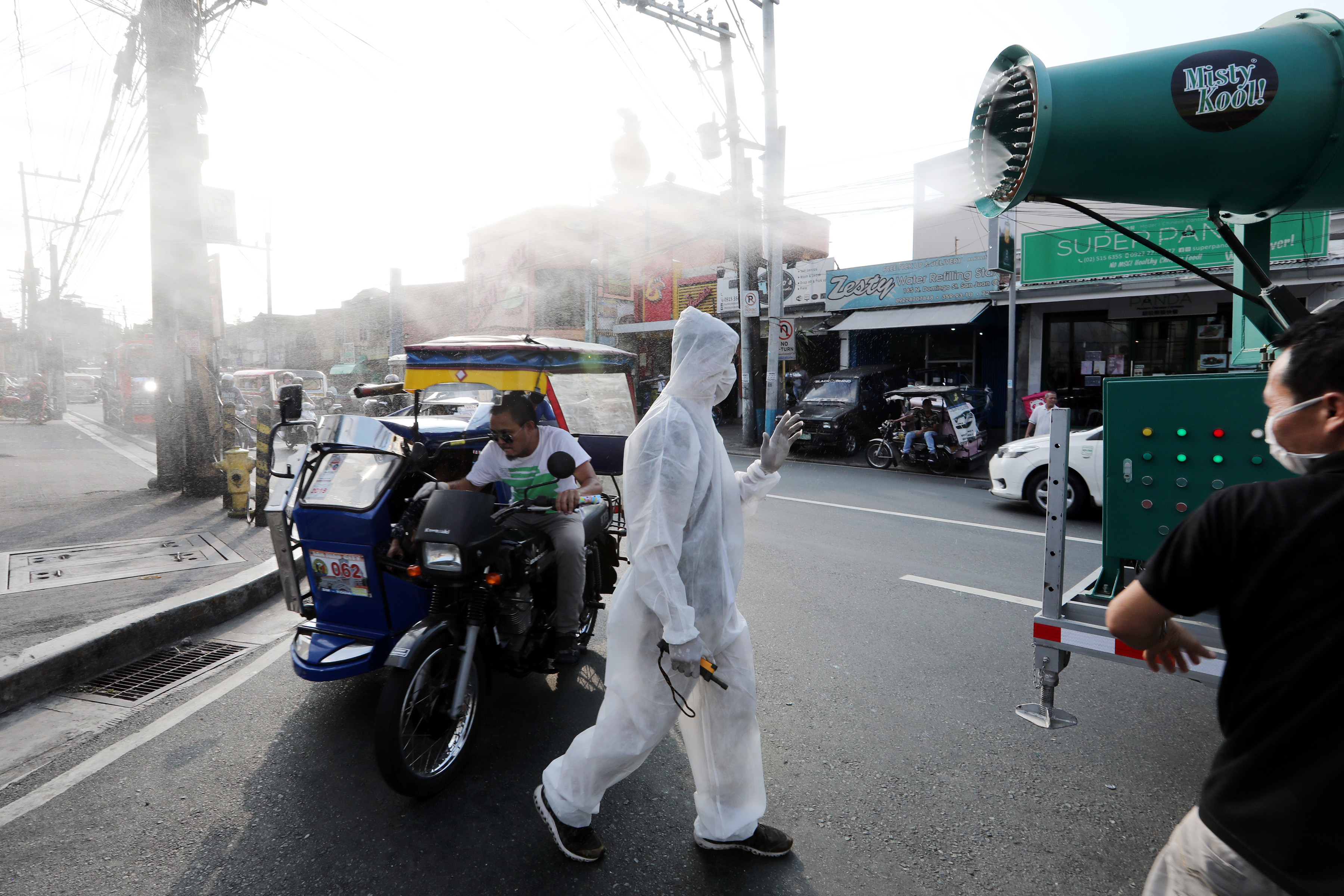
MANILA – While most public transportation remain banned in areas under the modified enhanced community quarantine (MECQ), the Department of Transportation (DOTr) on Wednesday said the operation of tricycles may be allowed by the local government and the Department of the Interior and Local Government (DILG).
“[Tricycles] are under the jurisdiction of LGUs/DILG. Sila ang makakasagot nyan (They are the ones who are responsible for that),” DOTr Assistant Secretary Goddes Hope Libiran said in a message.
This comes after Malacañang on Tuesday announced that the three remaining areas with the highest likelihood of transmission of the coronavirus disease 2019 (Covid-19)—namely Metro Manila, Laguna, and Cebu City—would be put under the less stringent MECQ from May 16 to 31.
Under the new set of guidelines issued by the Inter-Agency Task Force for the Management of Emerging Infectious Diseases, rail transport, buses, jeepneys, taxis, and transport network vehicles services remain banned in MECQ areas, similar to the ECQ.
However, there may be exceptions allowed for tricycles, subject to guidelines from the DILG and the local government.
In addition, public shuttle services that were previously limited to health workers and other front-liners may soon be made available.
Private transportation, specifically company shuttles, will be allowed in MECQ areas without the need for a special permit from the Land Transportation Franchising Regulatory Board (LTFRB).
Personal vehicles will be allowed to carry a maximum of two persons per row.
Bicycles, motorcycles, and e-scooters are allowed in MECQ areas but may only carry a maximum of one person at a time.
Air travel will remain banned in MECQ areas along with other means of inter-island travel, while inbound air travel will be allowed but limited to overseas Filipino workers and other returning Filipinos.
In areas with a low risk of transmission of Covid-19, general community quarantine (GCQ) guidelines will be imposed which limits public transportation facilities to only 50 percent of its maximum passenger capacity, while tricycles will be limited to carry one passenger at a time.
At the beginning of May, the DOTr released its guidelines for the resumption of public transportation in GCQ areas.
Aside from the reduced carrying capacity of all public utility vehicles, passengers will be required to follow strict health protocols such as the mandatory wearing of face masks, physical distancing, temperature checks, and other measures to control the spread of the disease.